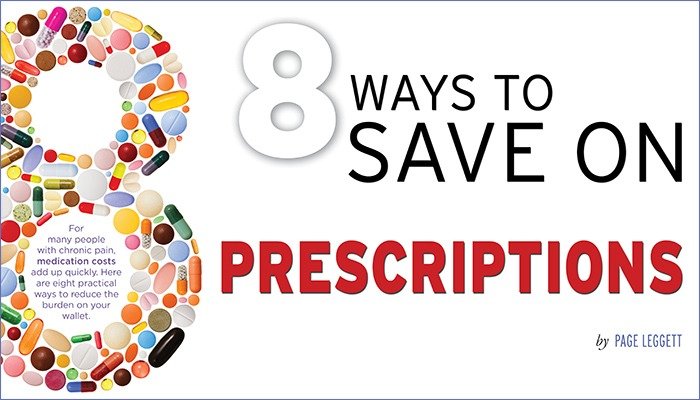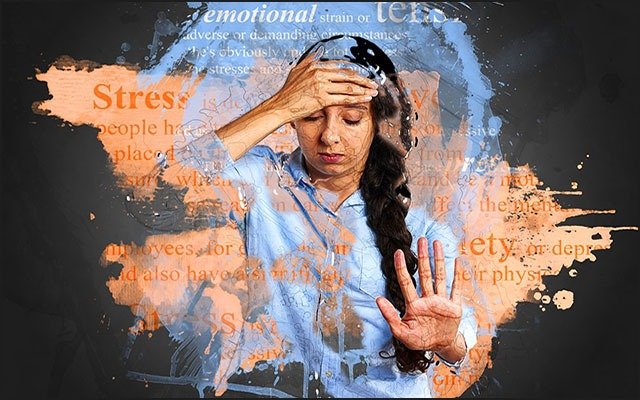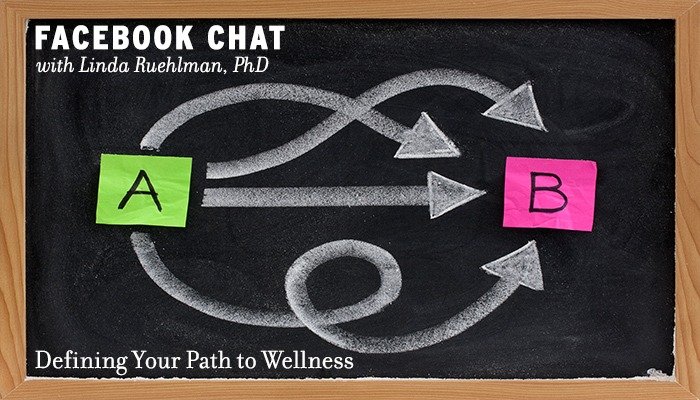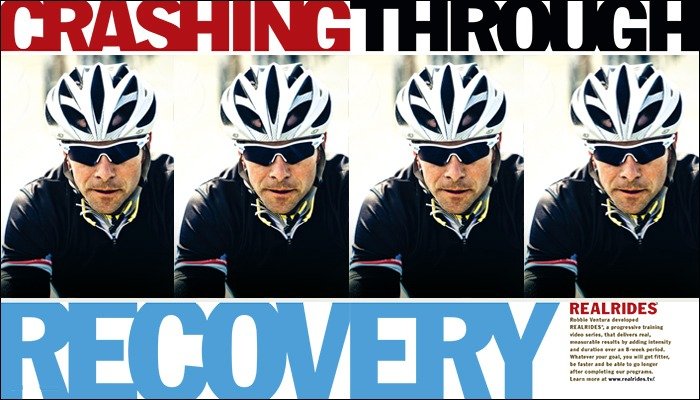Caregiver’s Depression

The day never seems to end. Your elderly father needs you all the time. He is in constant pain and you are at your wit’s end trying to keep him happy and comfortable. He needs help getting out of bed, getting into and out of the bath and getting dressed. He needs help managing medication.
You need to run to the grocery store, but Dad doesn’t want you to leave. He is scared—and you are tired. The kids come home and need help with homework. Then your husband comes home. He wants to talk about how bad things are at the office.
One day slips into the next in an endless cycle of chores and responsibilities. People ask you the same well-intentioned question all the time: “How’s your dad?” You almost never hear, “How are you?”
You begin to feel lonely and unappreciated.
These feelings, and the knowledge that your caregiving duties might last a lifetime, overwhelm you. Soon, you are experiencing depression
Of course, not all caregivers get depressed, but many do. Statistics show that caregivers who provide care 36 or more hours a week are more likely than non-caregivers to experience symptoms of depression or anxiety. For those caring for a parent, the rate of depression is twice as high, and for spouses the rate is six times higher.
So if you are one of the many caregivers of a loved one who suffers from chronic pain and occasionally suffers from depression, you are not alone. Depression is an all-too-common consequence of caregiving.
You can ask “why me?” but you may never truly know the answer. The more important question to ask is: what can you do about depression once it has seemingly taken over your life?
If you think you are suffering from depression, start small and realize that even the simplest act can set you on the road to recovery. Caregivers who have made small changes in their daily routine have experienced relief and improved mood.
Try these suggestions:
• Take a short walk.
• Get enough sleep.
• Remember to eat healthy meals on a regular basis.
• Talk to a friend or family member about your feelings.
• Make a list of things that are bothering you.
These may seem like modest steps, but they can often make a world of difference. They may help you find a more balanced perspective, and help you adjust to your role as a caregiver.
However, depression is a serious condition. The most important thing is to realize when you need help, and get it. There are resources that can start you down the path to recovery and a happier life, including:
• Therapy
• Support groups
• Online forums
http://www.caregiveraction.org/forum/
• Medication, if necessary
Seeking help is the most important step, but admittedly it is not always the easiest. The very symptoms of depression, such as lethargy and hopelessness, can rob you of your will to seek help. You may be embarrassed by what you believe is the stigma of depression and simply deny that anything is wrong. Or perhaps you’ve been blue for so long that you think it’s normal to feel bad.
These feelings can keep you from doing the only thing that can truly provide you with perspective and help to put your life back on track—getting help.
Caregiving for a loved one, especially one who is in chronic pain, can be one of the most daunting and emotionally draining challenges a family will ever face. The stress of caregiving can be unrelenting, but the rewards can be equally gratifying. The key is to keep perspective and strike the right balance—and act when the caregiver needs some care. {PP}
This is a 3-part series, along with:
View the Caregiver Toolbox series:
PainPathways Magazine
PainPathways is the first, only and ultimate pain magazine. First published in spring 2008, PainPathways is the culmination of the vision of Richard L. Rauck, MD, to provide a shared resource for people living with and caring for others in pain. This quarterly resource not only provides in-depth information on current treatments, therapies and research studies but also connects people who live with pain, both personally and professionally.
View All By PainPathways






